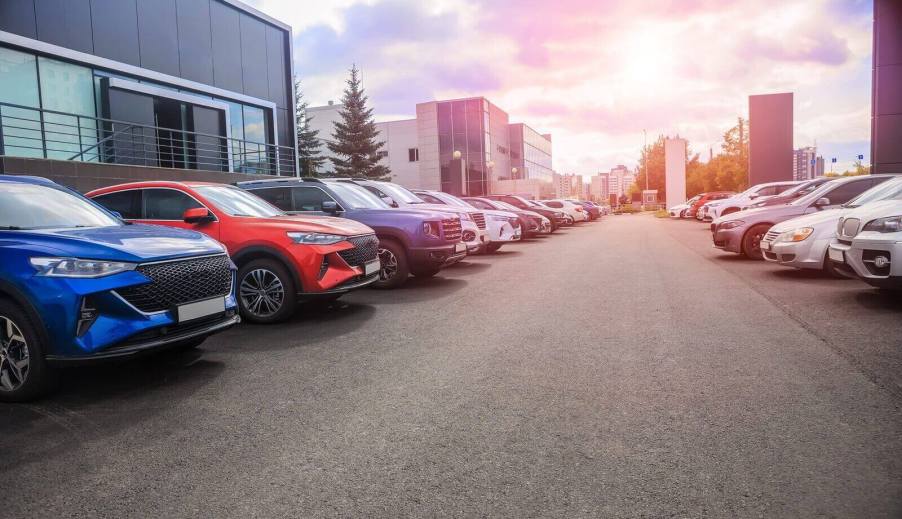
Leases of 1 Vehicle Segment Have Tripled in Under 2 Years
What exactly is the difference between financing and leasing a car? When you finance a car, you borrow money to buy it and make monthly payments. But once you’ve paid down the car’s price and the interest you owe, you own the vehicle. When you lease a car, you are essentially renting it from a dealership. When your lease is over, the dealer still owns the car. So why would anyone choose to lease a car? There are many reasons actually. And a ton of them apply to EV drivers, more of whom are choosing to lease every year. In fact, the number of EV leases has tripled in less than two years.
The main argument against leasing is that you aren’t building equity in the car. Sure, you get to drive it. But after your lease term is up (often three years), all your monthly payments go down the drain and you need to find new wheels. Most leases also include a mileage limit (often 10k or 15k miles), so you may get hit with overage fees after a big roadtrip. Leases also require you return the vehicle in good shape, so scratching it up will cost you. Finally, it’s hard to get out of a lease so swapping up to a bigger car or a higher mileage limit may be a struggle.
You may be perplexed why anyone would voluntarily choose a longterm rental. First and foremost, a lease has a lower monthly payment. The average monthly car finance payment at the end of 2023 was up to $738. The average lease payment was $606. Hopefully an increased inventory of used and new cars will bring these numbers down, but leasing should remain cheaper than buying.

A lease is less likely to contain “surprises.” Most dealerships will offer free maintenance for the first two years of your lease, most automakers offer some warranty for the first three years a car is on the road, so chances are slim you’ll be paying for any repairs yourself. Also, cars lose a ton of value in their first several years on the road. You can end up “underwater” if you try to resell a new car after two or three years of ownership (owing more than its worth). This can be even worse in salty northern states as cars rust. But this “depreciation” isn’t your problem if you lease.
Finally, if you choose to lease your monthly budget will go further. You will always drive a 1-3 year old car and can end up with a more luxurious vehicle than if you chose to finance and buy. This means you’ll enjoy the latest connectivity and safety features such as driver aid software. You can also get the latest powertrain technology, such as the most advanced EVs.
In 2022, just 9.8% of EV drivers chose to lease. Today, that number has more than tripled. In total, 30.7% of EV drivers are leasing their vehicles. The people have spoken: EVs may be the perfect choice for leasees for several reasons.
If you are leasing a vehicle and want the latest thing with the most luxurious features and the best technology, an EV might be just the ride for you. In addition, leasees have committed to certain mileage limits. Like many EV drivers, they may choose to rent a different vehicle for a long roadtrip. If their leased vehicle is just their daily commuter, they can opt for an EV without any range anxiety. Finally, one of the biggest strikes against EVs is their current high depreciation rates. The market may eventually correct for this. But in the meantime, it makes leasing them especially attractive.
You can see some of the best lease deals for EVs in July 2024 in the video below:



